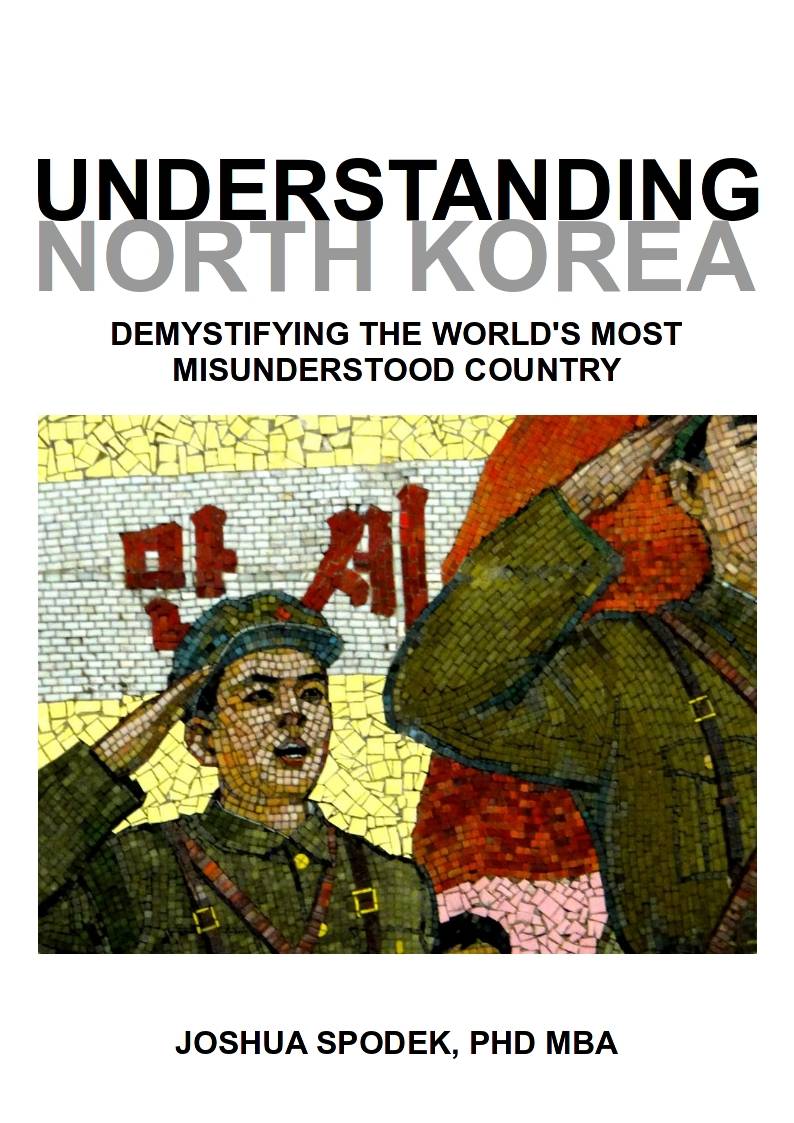To close out this fifteen-part series on strategy, what can one person as an individual do?
First, I recommend considering you may be offering people unsolicited advice based on judgments they don’t agree with if you, say, waltz into the country and tell people there you are going to help them make their lives better. Now matter how sure you are that you will help them, if they didn’t invite you to help, the people you want to help will likely view you otherwise — perhaps condescending, patronizing, or meddling. They may well have justification.
Actions I would recommend.
Learn about North Korea. I hope this page helps. Books, articles, and videos can help. My too-brief bibliography may start you off with some valuable but free resources.
Resist spreading misconceptions and creating preconceived notions of North Korea and North Koreans. Distinguish between the people and its leaders. The web is full of simplifications of North Korea and North Koreans. Americans aren’t all cowboys and North Korea has just as much diversity as any place else.
Visit North Korea and talk to people there. I believe the benefits of exchanging information — especially them seeing you as a regular person, not a propaganda caricature — opening borders, and creating interdependency outweighs the costs of money going to the regime. In particular, I don’t think withholding those funds weakens the regime.
Develop bonds with North Koreans. I have no idea how to do this, but it seems the next most effective step. I haven’t done it yet. But I benefited from people who did so, through Koryo tours and Andray creating the ultimate frisbee tournament I played in, competing in friendly ways on the same field with North Koreans and considered progress in the style of the ping pong diplomacy that contributed to opening China.
Find and support organizations who effectively change things. I can’t recommend any because I don’t know your interests. Keep in mind, I don’t believe many of them will change much. The governments of the United States, South Korea, and Japan can’t do much either. But smaller organizations perhaps can.
Learn what changed other similar situations. The situation in North Korea is unique in many ways, but solutions that worked elsewhere can still apply. In fact, solutions that worked before stand to work again, appropriately applied. Build on the success of others.
I can’t recommend things like smuggling dvds, however effective it seems to be in changing things. It’s illegal here and there. I have no idea what punishments you’d face in doing so. Besides, the trade is thriving already. You might instead find out what gifts you can bring and work from there. I didn’t ask them, but I’m sure people at Koryo tours could help.
As I’ve said, I believe helping bring food aid in and supporting people who escape can help individuals, but I don’t think they lead to system change. I could be wrong. I also recognize many little non-systemic changes could lead to a large systemic change.
Finally, I don’t pretend to know more than anybody else. If you have better ideas, please share them. I’ll do my best to propagate ideas that could be effective.
—
EDIT: I included much of this post and this series on strategy (edited and polished) in my ebook, Understanding North Korea: Demystifying the World’s Most Misunderstood Country. I wrote the book to help increase understanding, communication, and freedom.

